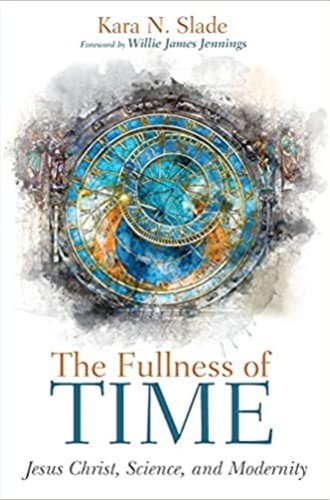Rescuing faith from scientific imperialism
Kara Slade’s scathing yet incisive volume abounds with examples of modern hubris.
Could an enlightened humanity steer the evolution of society, or is history locked into fixed cycles of ascent and decline? According to theologian Kara Slade, the gospel of Jesus Christ exposes both the blithe optimism of a progressive intellectual would-be elite and the dark pessimism of the resurgent alt-right. Both, she believes, stem from a common modern ideological distortion that valorizes the strong and discards real human lives into history’s dustbin.
This scathing yet incisive volume abounds with examples of modern hubris, ranging from the lionization of Isaac Newton to recent proposals from E. O. Wilson and Charles Murray—supposedly grounded in evolutionary biology, genetics, and neuroscience—advocating eugenics and population control. Reactionaries like William Strauss and Neil Howe, who have inspired former White House adviser Stephen K. Bannon, augur a “fourth turning” of social turmoil, in which the weak and marginal must be sacrificed for an ostensible greater good. Progressive thinker David Christian advocates revamping pedagogy to read the meaning of existence within the sweeping “big history” of cosmic and terrestrial evolution.
According to Slade, such prognosticators share a common agonistic, graceless, and oppressive view of natural and human history, one that insidiously has abetted racial and colonial oppression. To make her case, Slade—a former NASA engineer who now serves as associate rector of Trinity Church in Princeton and as canon theologian in the Episcopal Diocese of New Jersey—rehearses the genealogy of the reified figure whom critical race theorist Denise Ferreira da Silva labels “scientific man” (Homo scientificus).





